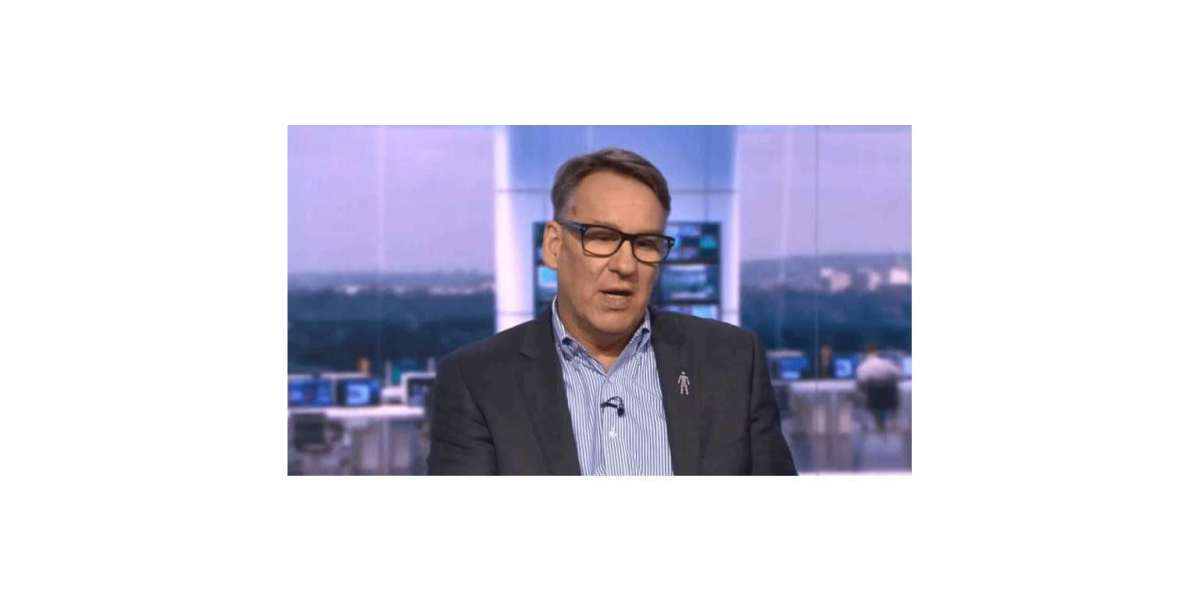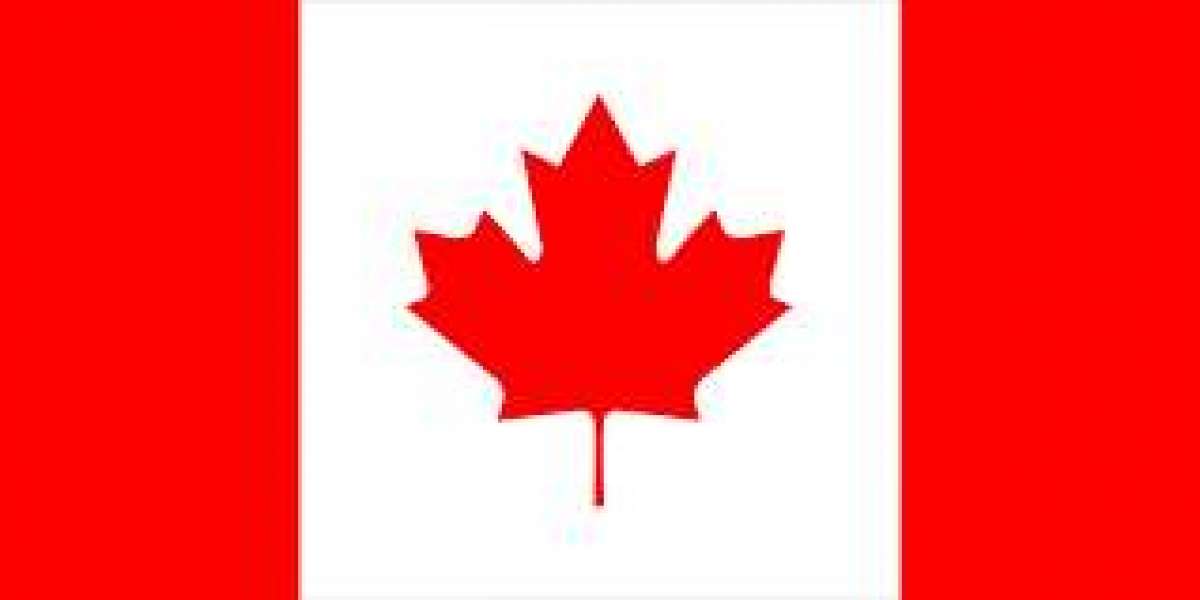Former Nigerian President Muhammadu Buhari was laid to rest on Tuesday in Daura, Katsina State, in a ceremony marked by national mourning, solemn tributes, and deep emotional outpourings from dignitaries, citizens, and world leaders. Buhari, who once ruled Nigeria as a military head of state between 1983 and 1985 before returning as a democratically elected president from 2015 to 2023, died on Sunday at the age of 82 in a London hospital after an illness.
The late president’s remains were flown back to Nigeria by Vice President Kashim Shettima and Chief of Staff Femi Gbajabiamila aboard a Nigerian Air Force flight, arriving at Umaru Musa Yar’Adua International Airport, Katsina, at about 2 pm. His casket, draped in the national flag, was received by a large delegation led by President Bola Ahmed Tinubu. Others in attendance included former Vice President Yemi Osinbajo, former Vice President Atiku Abubakar, members of the National Assembly, state governors, service chiefs, royal fathers, international dignitaries, and business moguls.
A 21-gun salute was rendered in Buhari’s honor as his remains were interred at his residence in Daura by a joint military team. The funeral prayer, initially scheduled for a helipad near the residence, had to be relocated due to the overwhelming crowd that made it impossible for the security agents to maintain order at the designated location. Despite these disruptions, the Islamic burial rites were conducted with reverence by the Chief Imam of Daura, Sheikh Salisu Rabiu.
Across the nation, reactions to Buhari’s passing were mixed, with many Nigerians expressing sadness and others reflecting critically on his controversial legacy. Nonetheless, his hometown of Daura was overcome with grief. Women were seen weeping openly in the streets, while others chanted prayers as the funeral procession moved through the town. Katsina State Governor Dikko Radda was visibly emotional, shedding tears by Buhari’s graveside and describing him as a father figure and symbol of the common man’s aspirations.
Foreign dignitaries also paid tribute. The President of Guinea-Bissau, Umaro Sissoco Embaló, and the Prime Minister of the Niger Republic, Ali Mahamane Lamine Zeine, joined the funeral. UN Deputy Secretary-General Amina Mohammed, who once served under Buhari as Minister of Environment, signed a condolence register at the Nigerian House in New York. In her tribute, she described Buhari as a disciplined patriot whose leadership extended beyond Nigeria's borders and as someone who reminded his aides that true leadership was about serving humanity. The Kings of Saudi Arabia and Morocco also sent formal condolence messages to President Tinubu, highlighting Buhari’s contributions to African development and bilateral cooperation.
The former president’s burial site reflected his modest lifestyle, with his body laid in a simple grave roofed with wood and mat and covered with clay. A ceremonial parade was held, and a slow march by a joint team of senior military officers accompanied the casket. The hymn “God Be With You Till We Meet Again” was played as the former leader was escorted by high-ranking officials, including President Tinubu.
The final burial rites attracted widespread attendance from across Nigeria’s political, religious, and cultural spectrum. Emirs from Daura, Katsina, Kano, Zazzau, Dutse, Bida, Gaya, and Kazaure were present. Former governors, ministers, and heads of security agencies, including former Chief of Defence Staff Lt. Gen. Tukur Buratai (rtd), Inspector-General of Police Kayode Egbetokun, and former DSS boss Yusuf Bichi, paid their last respects. Eminent personalities such as Alhaji Aliko Dangote and Alhaji Sayyu Dantata were also in attendance.
Mamman Daura, Buhari’s close relative and confidant, recounted the former president’s final hours. He described a man in high spirits who was looking forward to returning home. Sadly, Buhari began experiencing severe breathing difficulties on Sunday afternoon and passed away around 4:30 pm. His death shocked many of his loved ones, who had been preparing for his return.
In Daura, residents remembered Buhari not only as a political leader but also as a benefactor. Stories abounded of his quiet philanthropy distributing food during Ramadan, giving out Sallah rams and essentials to poor families, sponsoring school fees and medical bills, and empowering people with disabilities. A tricycle beneficiary of the Buhari Foundation broke down in tears during an interview, praying for Allah’s mercy on the former leader who, he said, helped him reclaim his dignity and livelihood.
Those who prayed with Buhari in Daura during his visits remembered him as a devout Muslim who never missed congregational prayers and regularly observed Friday prayers with his community. Elders in his birthplace, Dumurkul, spoke of his humility, generosity, and respect for family and tradition. Even after he left office, they said, Buhari remained connected to the people, visiting relatives, continuing his charitable deeds, and embodying the virtues of honesty and simplicity.
In the words of the Ohanaeze Ndigbo, who also offered their condolences, Buhari had contributed his quota to the Nigerian project, leaving behind a legacy of service that, despite criticisms, cannot be erased from the nation’s history. For many, his death marks the end of an era and the beginning of deep reflection on the values of leadership, integrity, and national service.







